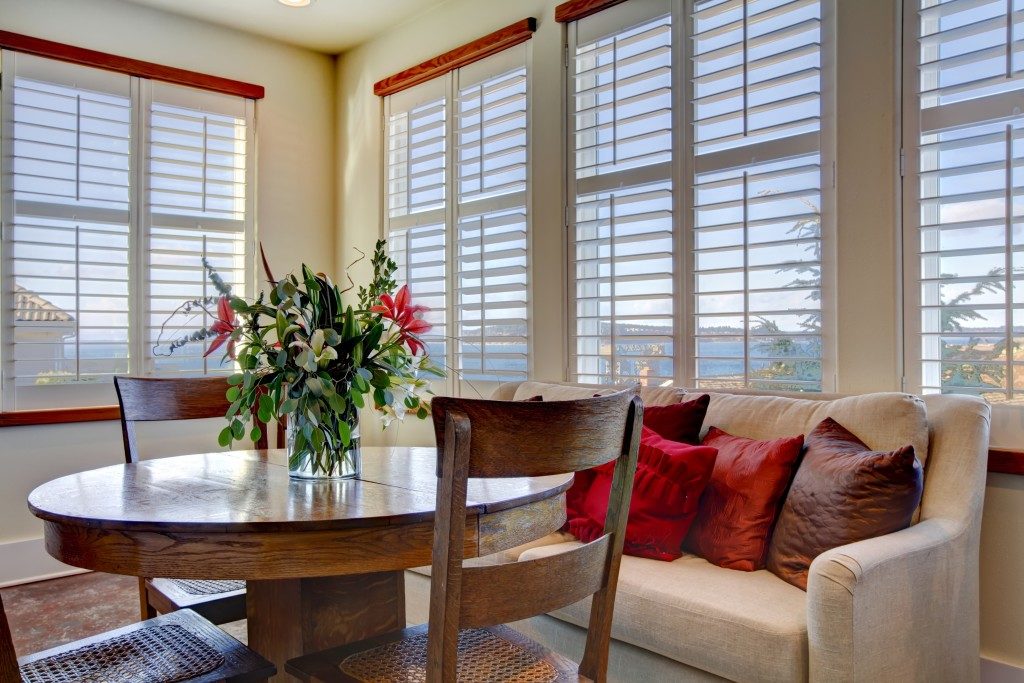Windows lend that extra character that can complete your home’s aesthetic. However, when they’re already cracking and can’t be updated to be more energy efficient, you might need to invest in new windows.
And because you also have plans for remodeling your home in Provo and replacing all your windows, you might consider choosing energy-efficient windows to keep your costs down in the long run.
With this in mind, get to know the features of energy-efficient windows to determine the best option for your abode.
Which window frame should you go with?
Window frames could be manufactured from many different materials, including wood, composite, aluminum, and other metals, vinyl, or fiberglass.
Each of these materials comes with distinct benefits and drawbacks, but the Department of Energy (DOE) recommends composite, wood, fiberglass, or vinyl because metals get hot easily, making them poor insulators.
But wood has issues with efficiency since it can contract and expand, so depending on where you live, vinyl or aluminum might be a better choice. When choosing vinyl, however, opt for the insulated version since it offers better insulation.
Which glazing is best?
You also have to choose with glazing is best for the weather in your area. Your glazing options include:
- Gas fills. Argon and krypton are the most commonly utilized gasses, with argon being more affordable, and krypton being more expensive but better at reducing the U-factor of windows.
- Insulated. Storm windows, triple-glazed, and double-glazed enable air and space between panes to reduce the SHGC or solar heat gain coefficient and U-factor.
- Heat-absorbing window tints. Colors include black, bronze, gray, green, and blue and while tints don’t reduce the U-factor, you can add spectrally sensitive coatings or inner glass layers for that.
- Low-E window coatings. These are capable of decreasing visible transmittance, U-factor, and energy loss by as much as 50%.
- Spectrally sensitive coatings. Window coatings like these can reduce as much as 70% of heat but still enable light to pass through, which translates to low SHGC and U-factor, but high visible transmittance or VT.
- Reflective window coatings. These can block out glare, VT, solar radiation, as well as SHGC.
Which kind of window?

Lastly, you need to select which kind of window is best for your home, taking into consideration how it works since some types of windows enable more air to escape than other window types. For instance, hopper windows, casement windows, and awnings can keep the air in better than sliding windows.
Likewise, fixed windows don’t offer any air passage, which is not great if you need ventilation occasionally. Be on the lookout for windows that can pop out of walls because these offer the least leakage of heat and air, particularly since their seals won’t easily wear down like in other types of windows.
Once you have researched more and have a better understanding of all things windows, you can now look around to check out windows that would fit your home’s style. While this information won’t necessarily make you an authority on windows, this should be enough to help you keep up when consulting with window experts.





